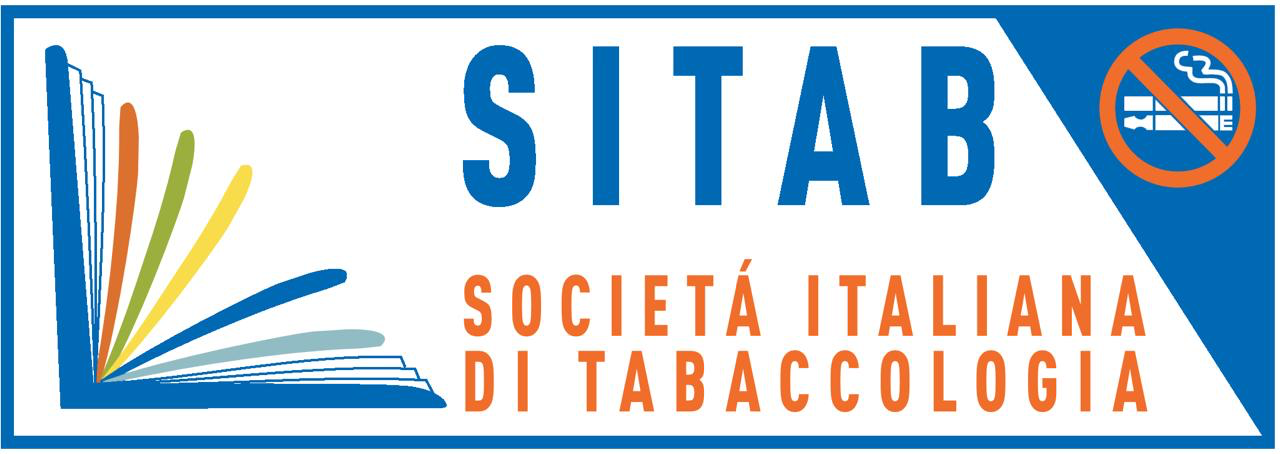For effective tobacco control on a large scale
Article
Tobacco remains a public health problem of global significance and Europe is not immune. Europe has an average smoking prevalence rate of around 25%, with differences between countries. A high percentage of smokers is observed in some Eastern European countries, such as Bulgaria, Greece, Croatia and Romania.
The World Health Organization, through the Framework Convention on Tobacco Control (FCTC), has defined strategies and targets to reduce tobacco consumption and its impact on health.
In Europe, although progress can be observed in some areas, there are still high consumption rates, particularly among women and in some Eastern European countries.
However, significant challenges remain, such as the persistence of high consumption rates in some areas, increasing consumption of heated tobacco and the growing popularity of electronic cigarettes.
In Italy, after the significant drop in the number of smokers following the entry into force of the anti-smoking law (Sirchia Law) in 2005, there is still a persistent group of smokers ranging between 10.5 and 13 million, half of whom will die from a smoking-related disease if drastic action is not taken with an organic planning of multilevel and nationwide interventions.
These figures refer to traditional tobacco consumption, but this is only part of the story.
The growing popularity of electronic cigarettes, heated tobacco products and nicotine pouches, particularly among the younger generation, poses new public health challenges.
Although these products are often perceived as ‘less harmful’, their long-term health effects remain uncertain and the risk of nicotine addiction persists.
Therefore, how can we intervene?
- Early prevention and education: provide young people with accurate information about the risks of tobacco and nicotine.
- Adopt strict controls on digital marketing and regulate the visibility of these products on social media and online platforms.
- Dramatically increase excise taxes on all tobacco and nicotine products, a measure beneficial for both public health and tax revenues.
- Dutiful updating of the Sirchia Law with the extension of smoking bans also outdoors in crowded places (beaches, stadiums, parks, public transport stops, outdoor areas) and for old and new generation electronic cigarettes.
- Access to cessation support with free smoking cessation pathways and therapies.
- Institutionalise nationwide and fund Tobacco Treatment Centres on a par with Centres for hypertension, diabetes, dyslipidemia, etc.
- Create an adequate tobacco cultural ground, starting with the inclusion of the compulsory teaching of tobacco in medical faculties and all specialisation schools.
Public health protection requires not only innovation in treatment, but also a long-term commitment to prevention and health education for tobacco control.
In order to have homogeneous effectiveness throughout the country, we think the time has come for the issue of tobacco control, as an exception to Title V of the Constitution, to become the responsibility of the Ministry of Health and the Istituto Superiore di Sanità. We need rules, identical for all regions, and strict controls on the implementation of programmes, where, as has been the case up to now, the controlled cannot be the controller.
As the Italian Society of Tobaccology, which has already been working on tobacco control since 1999, we are willing to provide all the support necessary, making our skills and know how available for a serious, nationwide and long-term programme for tobacco education, prevention and treatment. The implementation of a large-scale and long-term programme requires an active and responsible contribution from the government and the Ministry of Health, in parallel with the commitment that our organisation has long demonstrated.
Affiliazioni
Licenza

Questo lavoro è fornito con la licenza Creative Commons Attribuzione - Non commerciale - Non opere derivate 4.0 Internazionale.
Copyright
© SITAB , 2025
- Abstract visualizzazioni - 648 volte
- PDF downloaded - 19 volte
